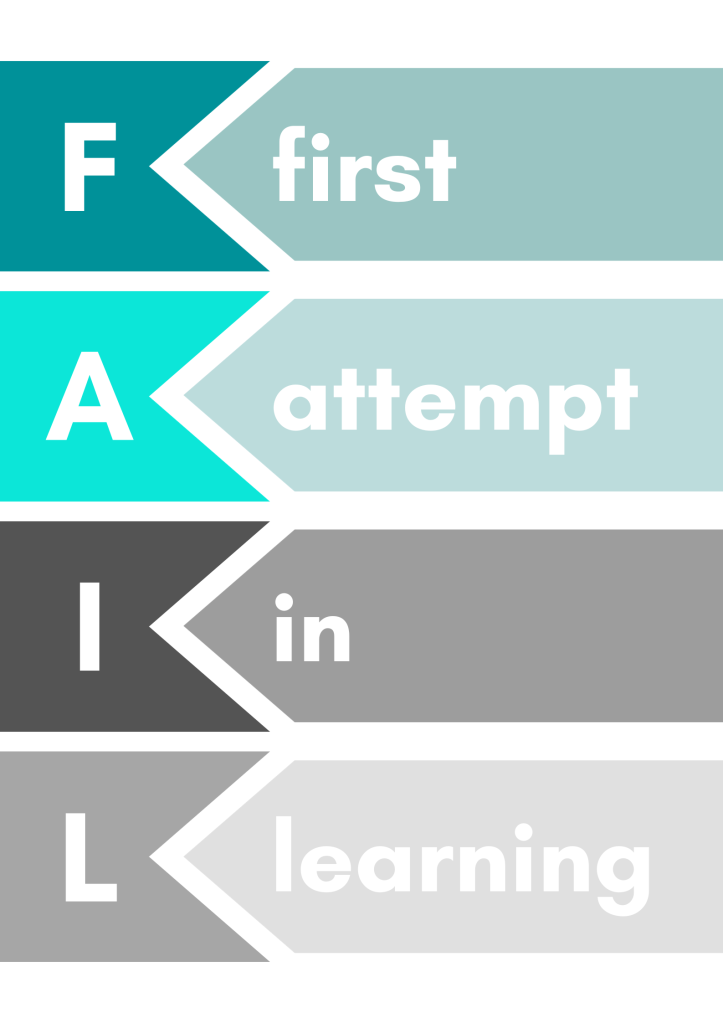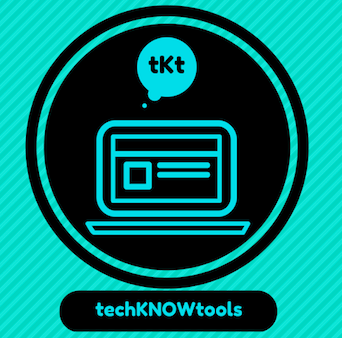Most people want to be satisfied and fulfilled by their work. What we do for work and thinking about our career is a central focus for most of my learners, colleagues, friends, and family. And why not? Our jobs take up our time, focus our priorities, or at least have our attention — as we spend an average of 13 years of our life at work. Asking individuals to find their “career callings” is a stressful task. How can you find great work you love, when really you need a job to be functional, realistic, and something you can obtain? Finding a “job you love” may not pay the bills, support your needs, and be something you can do at the moment. Work can be fun, but not all work is. And, sometimes a job is just a job — it might be a job to support yourself and family, that is in the right geographic location, be the first step in your career, or just something you’re doing right now while you try to figure out the next steps to take in your professional life.

That being said, many people seek meaning and purpose in their world of work. Which might be something that may never happen. Maybe we’re putting too much emphasis on this job fulfillment. Whether it is millennial burnout or workism as our professional identity, there seems to be no shortage of folks discussing and writing about the topic careers and work life these days. I appreciated how Elizabeth Gilbert breaks down how we think about our careers in a Hello Monday interview, specifically how we might confuse these four aspects of our life when it comes to reflecting on our work life:
- Hobby: Is something you do because you enjoy it and you don’t need anything back for it. It’s fun and you delight in it.
- Job: A thing you have because everyone has to have one. It doesn’t need to fulfill your emotional needs because it’s there to pay the bills and you have a life outside your job that is more interesting (e.g. family, hobbies, pursuits, etc.)
- Career: Should be something you are passionate about (mostly). A career is a job that you deeply care about.
- Vocation: A sacred calling of something that is very holy to you that is the center of your life that can never be taken away from you no matter what.
This framework presents ideas around careers vs. callings, specifically outlining what you do and how you do. In the span of your work life, you might find yourself in anyone or all four of these areas to find fulfillment OR to support your career planning. Listen to the full podcast episode HERE.
 Sometimes how we craft our work and leisure time leaves many professional unsatisfied by not answering their career callings and leading to professional regret (Berg, Grant, & Johnson, 2010). This synopsis by Gilbert is not entirely wrong. Our job attitudes and meaning-making at work is highly predictive of how individuals thrive and contribute to their organizations of employment (Wrzesniewski, 2003), specifically when job crafting in service of purpose is encouraged and supports the well-being of the employee (Tims, Bakker, & Derks, 2013). Each semester I teach a course in personal/professional development, where my learners go through modules to figure out their own trajectory for their academic and career path. Some are first-generation, first time in college students; whereas others have years of experience in their profession and are looking to finish a 4-year degree to advance, transition to a new career, and more. I know that identifying career callings and directions are challenging. So I typically do NOT give the traditional advice to “find your passion.” I think passions are often developed and created as we gain employment experience, learn more about ourselves, and find opportunities for discovery in the wold of work.
Sometimes how we craft our work and leisure time leaves many professional unsatisfied by not answering their career callings and leading to professional regret (Berg, Grant, & Johnson, 2010). This synopsis by Gilbert is not entirely wrong. Our job attitudes and meaning-making at work is highly predictive of how individuals thrive and contribute to their organizations of employment (Wrzesniewski, 2003), specifically when job crafting in service of purpose is encouraged and supports the well-being of the employee (Tims, Bakker, & Derks, 2013). Each semester I teach a course in personal/professional development, where my learners go through modules to figure out their own trajectory for their academic and career path. Some are first-generation, first time in college students; whereas others have years of experience in their profession and are looking to finish a 4-year degree to advance, transition to a new career, and more. I know that identifying career callings and directions are challenging. So I typically do NOT give the traditional advice to “find your passion.” I think passions are often developed and created as we gain employment experience, learn more about ourselves, and find opportunities for discovery in the wold of work.
I know that I am not alone in this thinking…
Listen to the recent WorkLife with Adam Grant podcast: The Perils of Following your Career Passion that shares how the “do what you love” is often terrible career advice.
What will your future work self look like? Do you know what you want to be doing? What can you do now to get you there? Your first job might not make you happy or your next career move might not be your “dream job” — but what will help you learn, grow and enhance YOU for the next step in your professional life? How can you develop your talents and build upon your skills, interest, and abilities? These are the questions I pose to my learners each semester. That is, to really think about what drives you into action and to identify how to these interests to individual skills and talents for work.
In studying unconventional career paths of “dark horses,” Rose and Ogas (2018) found that the pursuit of fulfillment requires work:
“Following your passion takes little effort. Engineering your passion, on the other hand, is a more serious undertaking. It requires that you diligently pursue a deeper understanding of yourself. Engineering passion is hard work-but the benefits are enormous” (pp. 76-77).
I think we all could put more effort into designing and building the career we want. Passion might be part of it, or we might decide this passion is something we do alongside our work life. There is no one standard formula for how our hobby, job, career, and calling exist with one another. Here are a few big questions to consider if you want to start engineering your career passion to create a fulfilling work experience and to support your future work self:
- Legacy:
- Where do you want to make a difference in the world?
- What do you want to leave behind?
- How can you start moving towards these goals?
- Would your 10-year-old self be proud of what you are doing?
- Mastery:
- What sort of actions/skills put you into a state of flow?
- What is something you can focus on for hours?. e.g. you might forget to eat, lose sleep, etc.
- What knowledge, skills, or abilities do you want to learn?
- What ways are you challenging yourself to actively improve, practice, or develop?
- Action:
- What are you doing (or not doing) today to move your career goals forward?
- How are you honing your optimal skills and talents for the next job or career transition?
- What ways are you making time to grow and develop your future work self now?
- Who might you reach out to to support/advise/mentor with your career development in your organization, industry, and/or professional field?
References:
Berg, J. M., Grant, A. M., & Johnson, V. (2010). When callings are calling: Crafting work and leisure in pursuit of unanswered occupational callings. Organization Science, 21(5), 973-994.
Rose, T., & Ogas, O. (2018). Dark horse: Achieving success through the pursuit of fulfillment. HarperOne.
Tims, M., Bakker, A. B., & Derks, D. (2013). The impact of job crafting on job demands, job resources, and well-being. Journal of Occupational Health Psychology, 18(2), 230-240.
Wrzesniewski, A. (2003). Finding positive meaning in work. In K. Cameron & J. Dutton (eds.) Positive organizational scholarship: Foundations of a new discipline, Berrett-Koehler Publishers, pp. 296-308.




You must be logged in to post a comment.